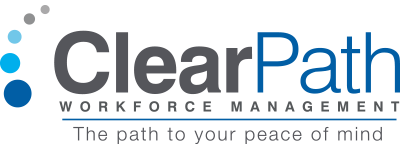Are you considering growing your business and hiring temporary workers to accomplish your company’s day-to-day tasks? Hiring employer of record (EOR) services will help you along that trajectory. An employer of record refers to a third-party organization that can serve as your workforce’s full legal employer.

How Can an EOR Help Your Business?
Hiring an EOR service provider allows you to outsource your back-office human resources and payroll functions so you can focus on your core business. Since the EOR moves these administrative tasks from your desk to theirs, they help you free up your time for managing your company and not your contingent workforce. In addition, you’ll save up to 35% on your payroll costs when you switch from a traditional staffing firm. The EOR can help you ramp up staff quickly while staying compliant with the ever-changing local, state, and federal laws.
Since an EOR handles employer agreements, worker eligibility, and statutory enrollment paperwork, you can leave all the documents to them. It’s best to look for an EOR that incorporates your company’s policies, including drug screenings, background checks, and non-disclosure agreements, into the onboarding process.
Moreover, they’ll manage and administer employee benefits and include all applicable tax withholdings as they process payroll. These benefits may include the 401(k) plan, group health insurance, dental insurance, Affordable Care Act (ACA)-compliance program, Flexible Spending Account (FSA), credit union membership and commuter benefits. Lastly, they’ll cover your employees with statutory and commercial insurances, such as Commercial Liability, Workers’ Compensation, and Errors and Omissions.
When Do You Need to Use an EOR?
When You’re Not an Expert in Tax and Employment Laws
An EOR is ideal when you need more tax and employment laws expertise. Since these can be tricky, you’ll need a professional to help you navigate new markets, understand how taxes work in that area, and ensure compliance with different laws.
When You’re Concerned About Worker Classification
It’s worth noting that having workers sign a contract stating they’re not employees doesn’t necessarily make it so. Misclassifying your employees as independent contractors is a serious matter that could cost your business money.
Defining an employee is a complicated issue that involves rules, laws, court cases, and state and federal agencies. For this reason, employers and employees are often confused about whether part-time or temporary workers should be classified as independent contractors or employees.
Furthermore, the U.S. government takes employee misclassification seriously, and state and federal government agencies do regular audits to look for workers who’ve been misclassified as independent contractors. Consequently, both the Department of Labor (DOL) and the IRS focus their audit work on independent contractor misclassification.
An audit usually covers three years and includes all employees and independent contractors. The IRS can levy various fines for misclassification. If the IRS suspects deliberate misrepresentation of employment statuses, noncompliant companies will face harsher penalties.
Unfortunately, many employers misclassify their employees to avoid expenses. These expenses include the employer’s share of Social Security and Medicare taxes, overtime pay, employee benefits (vacation, holiday, and sick pay), unemployment compensation tax, and workers’ compensation tax.
If you want to protect yourself, working with an experienced EOR service provider is best to classify your workers and reduce your misclassification risk properly.
Do You Need Employer of Record Services?
ClearPath is a leading Human Resources Outsourcing company focusing on the contingent labor market. We’re committed to helping business owners stay compliant and minimize the risks associated with their contingent labor requirements. Contact us today to make an appointment.
- Written by: FreshySites
- Posted on: January 20, 2023
- Tags: 1099, EMPLOYER OF RECORD, EMPLOYER OF RECORD SERVICE, HIRING PROCESS, immigration compliance, international payroll, local payroll, payroll management, Payroll Outsourcing, visas, work permits

